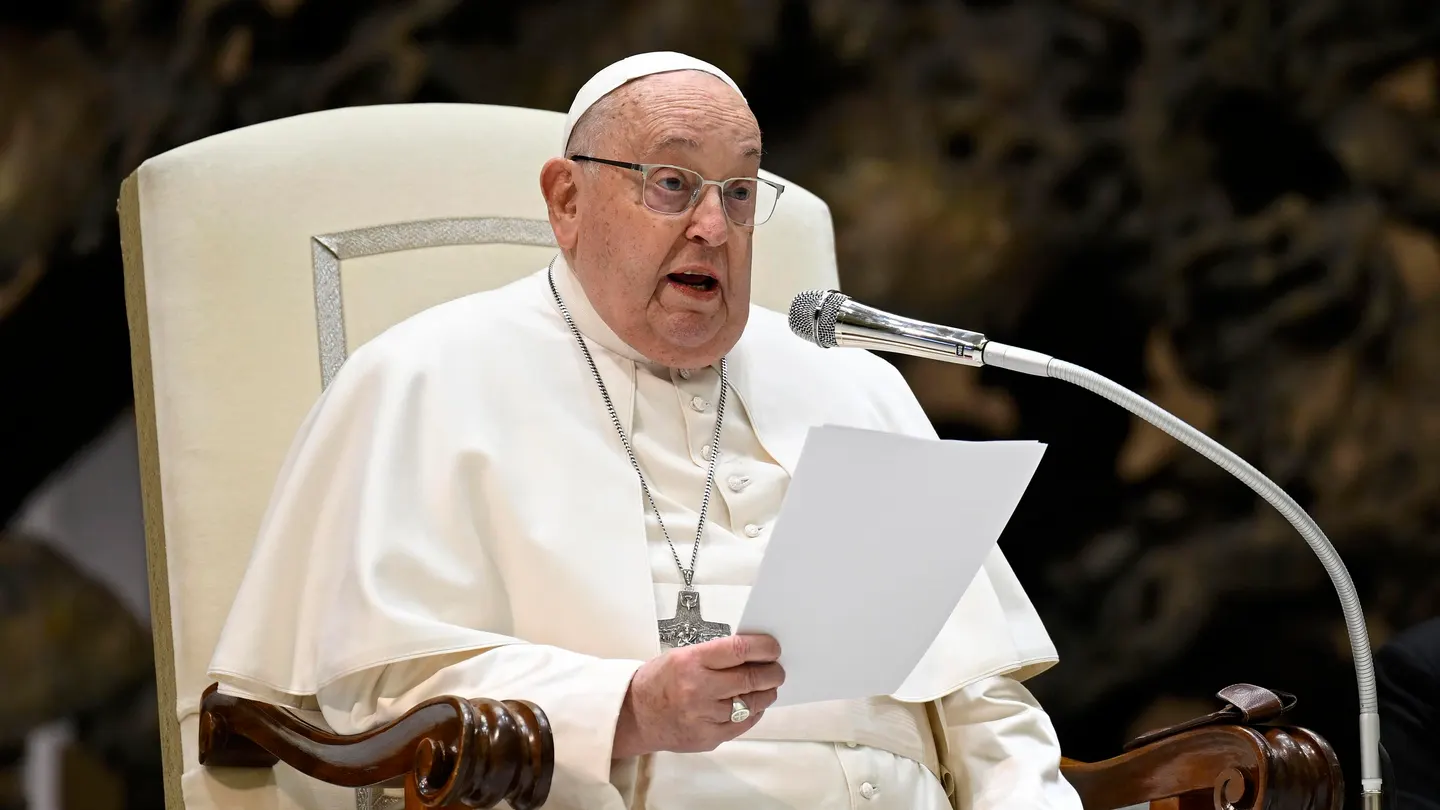In recent years, Pope Francis has become a global symbol of compassion, humility, and leadership within the Catholic Church.
His efforts toward social justice, climate change, and peace have left a profound mark on the world. However, alongside his work, another issue has quietly captured attention—his ongoing health struggles, particularly his battle with kidney failure.

But what is the real cause of this condition, and how has it impacted the Pope’s life and mission?
Let’s dive deep into the circumstances surrounding Pope Francis’ health, the cause of his kidney failure, and what it means for his future as the spiritual leader of millions.
Understanding Kidney Failure: A Silent Struggle
Kidney failure is a condition that occurs when the kidneys can no longer perform their vital functions—filtering waste and excess fluids from the blood, balancing electrolytes, and regulating blood pressure.
This progressive disease can have many causes, including high blood pressure, diabetes, infections, and even genetic conditions.
For someone like Pope Francis, who has experienced numerous health challenges throughout his life, kidney failure is yet another complication in his ongoing battle to maintain good health. But what exactly triggered this condition in the Pope?
The Pope’s Health History: A Lifetime of Challenges
Pope Francis has not had an easy road when it comes to health. Born Jorge Mario Bergoglio in 1936, he has faced a number of medical issues over the years, from a severe respiratory infection as a child to a major surgery for diverticulitis (a digestive condition) in 2021. But perhaps the most concerning health issue has been his kidney failure, a condition that has escalated over time.
Also Read: Is Pope Francis Dead? See What We Found
The specific cause of Pope Francis’ kidney failure has not been disclosed by the Vatican in full detail, which has led to speculation.
However, there are a few factors that could contribute to this condition:
1. Age and Overall Health: Pope Francis is 88 years old, and as we age, the risk of developing chronic diseases like kidney failure increases.
Aging kidneys often struggle to filter waste efficiently, and the body’s overall resilience tends to decrease.
2. Previous Health Complications: Pope Francis has battled several health issues throughout his life, including a major surgery to remove part of his colon in 2021.
His overall health has been a subject of concern, and these ongoing conditions may have put additional strain on his kidneys.
3. Blood Pressure and Diabetes: While specific details about Pope Francis’ blood pressure or blood sugar levels haven’t been officially confirmed, both high blood pressure (hypertension) and diabetes are major contributors to kidney disease.
Given that Pope Francis has faced health problems related to these issues in the past, they may have played a role in his kidney failure.
4. Chronic Stress and Lifestyle: Pope Francis is known for his tireless work ethic and his commitment to leading the Catholic Church.
This immense pressure and lifestyle, which requires long hours, constant travel, and the demands of global leadership, can take a toll on the body. Chronic stress can affect many systems, including the kidneys, and exacerbate pre-existing conditions.
Pope Francis’ Response to Kidney Failure: How Has He Coped?
Despite his ongoing health issues, Pope Francis has shown remarkable resilience and determination. Throughout his struggles with kidney failure, he has continued to fulfill his duties as the head of the Catholic Church.
While there have been rumors and concerns about his stepping down or retiring due to his health, Pope Francis has remained steadfast in his commitment to serving the Church.
In 2023, the Vatican confirmed that the Pope had been undergoing treatment for kidney failure, but no immediate plans were made to transition leadership.
His personal physician and the Vatican’s medical team have been working to manage his condition, and he continues to receive medical care as needed.
The Pope has also been seen on various occasions maintaining his public engagements and appearances. He has participated in Mass, meetings with dignitaries, and global conferences despite his condition.
This shows not only his physical determination but also his mental strength to continue his mission for the Church, even in the face of adversity.
How Pope Francis’ Health Affects The Catholic Church
Beyond Pope Francis’ personal journey, his health also raises important questions about the future of the Catholic Church. The papacy is an institution that relies heavily on the health and vitality of the Pope.
With Pope Francis already being one of the oldest popes in history, there are inevitable conversations about succession.
However, Pope Francis has expressed no immediate plans to retire. He has indicated that he will step down if necessary, but this decision is likely to be influenced by his ability to continue performing his duties with dignity.
Until then, the Church remains united in supporting him through his struggles.

